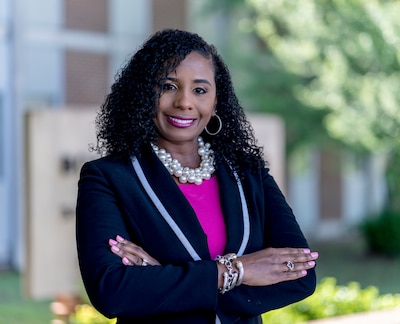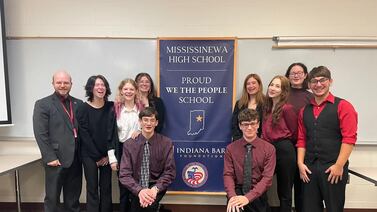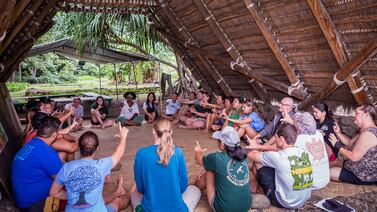Shelby County Schools wants to hire up to 100 classroom monitors to supervise students after the district reopens buildings.
The classroom monitors, who would be hired by a staffing agency, would assist the 83% of Memphis teachers who chose to continue online instruction from home in addition to existing district employees reassigned to supervise students.
Superintendent Joris Ray and his administration have repeatedly assured parents they would have enough staff to cover classrooms, but the proposed $956,250 contract suggests district leaders think there could be a shortage.

Roughly 5,400 teachers plan to work from home. Most of the monitors to replace them in the classroom would be existing employees such as teacher assistants, behavior specialists, and about 300 central office staff, said Chief of Human Resources Yolanda Martin.
But when some monitors are out for sickness, vacations, or other reasons, Martin told school board members earlier this month the district needs 370 more monitors to cover classrooms. Substitute teachers who have committed to coming into buildings would fill 190 of those positions, while the staffing agency would provide 100 more classroom monitors. Martin did not say where the remaining 80 would come from.
Tennessee’s largest school district is under pressure from the state to reopen buildings — including a threat to cut state funding — but Ray has said the spread of COVID-19 in Memphis has been too high to ensure the safety of students and staff.
Ray tentatively plans to reopen classrooms for kindergarten-fifth graders on Feb. 8 and sixth-12th graders two weeks later. Students have been learning via live video conference since late August.
Even when leaders in other districts have required teachers to return to buildings, they have had a tough time keeping classrooms staffed. Across Tennessee, superintendents have temporarily closed schools because too many educators were in quarantine.
About 32% of Shelby County Schools students are expected to return to buildings while only 17% of teachers are expected to be there to supervise them, according to parent and teacher surveys. But despite Martin’s fears of not having enough educators in classrooms, Jerica Phillips, a district spokeswoman, said the contract is a “contingency plan” and they may not need to hire any of them.
Phillips said teachers have been watching the COVID-19 trends and changing their minds about returning to classrooms since the survey results were released last month, but the general proportion stands. She did not share more recent numbers because they fluctuate day to day, she said.
“We want to remain flexible all the way up until the day we go back to classrooms,” she said.
Miska Clay Bibbs, the school board chairwoman, praised Ray’s administration for being proactive and said it’s good to have the option to bring in more staff.
If teachers have choice, “then you also have to have something to balance it out,” she said.
Board member Althea Greene said she was surprised to learn more classroom supervision may be needed based on the administration’s previous statements, but said the contract was necessary.
“As long as we have people who pass the background check, we have to have monitors to help with it,” she said in reference to reopening classrooms.
School board members are expected to vote on the contract during their Tuesday meeting.








